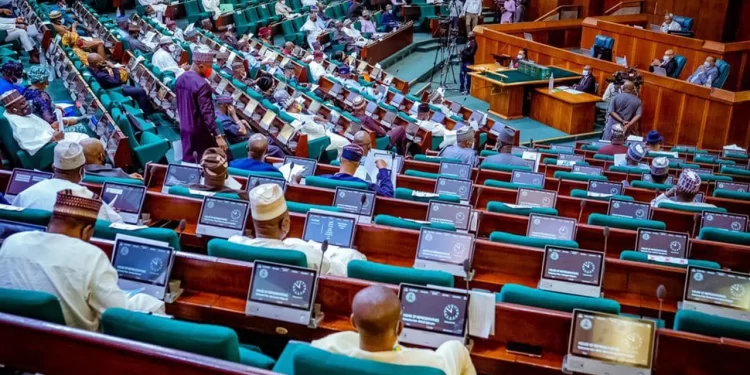The House of Representatives warned on Wednesday that the recent hike in fuel prices could lead to social unrest, as a meeting between the Federal Government and labour unions ended without a resolution.
The Nigerian National Petroleum Corporation (NNPC) recently raised petrol prices to N1,030 per litre in Abuja and N998 per litre in Lagos, reflecting a 14.8% increase in just one month. The surge in fuel costs has driven up transportation and food prices across the country, further straining households already grappling with economic hardship.
Labour unions, including the Nigeria Labour Congress (NLC) and Trade Union Congress (TUC), condemned the price hikes, calling for an immediate reversal. However, despite several closed-door meetings between labour leaders and the Federal Government, no agreement has been reached.
During a plenary session, the House of Representatives urged the government to reverse the increases in both petrol and cooking gas prices, citing the burden on ordinary Nigerians. The resolution followed an urgent motion moved by Minority Leader Kingsley Chinda and 100 other lawmakers, highlighting the financial strain caused by rising fuel prices.
Chinda expressed concern over the impact on everyday life, pointing to the removal of fuel subsidies, global oil price fluctuations, and naira depreciation as major factors driving up costs. “The escalating fuel and gas prices are inflating the cost of transportation, food, and essential goods, pushing many families into deeper financial hardship,” Chinda said.
Other lawmakers, including House Minority Whip Ali Isa and Plateau State Representative Yusuf Gagdi, echoed these concerns, warning that unchecked inflation could lead to widespread social unrest. Isa stated, “The people are suffering. The government must take immediate steps to alleviate their struggles.”
In response, the House called on the Nigerian National Petroleum Company Limited (NNPCL) and relevant agencies to expedite efforts to repair domestic refineries and increase local refining capacity. The House also urged the Central Bank of Nigeria (CBN) to adopt policies that would mitigate the inflationary impact of the fuel price hikes.
Additionally, lawmakers stressed the need for the Federal Government to explore alternative energy sources and promote renewable energy solutions that are more sustainable and affordable in the long term.
Meanwhile, the deadlock in negotiations between labour unions and the government continues, with Minister of Information Mohammad Idris stating that talks will be ongoing. Minister of Budget and National Planning Abubakar Bagudu defended the government’s tough economic decisions, stating that while the impact of the fuel price hike is challenging, it is part of a broader strategy to attract investments and stabilize the economy.
As inflation remains high, concerns grow over the potential for unrest if relief is not provided soon. The House urged the government to take swift action to ease the burden on Nigerians and prevent further escalation of the crisis.
























